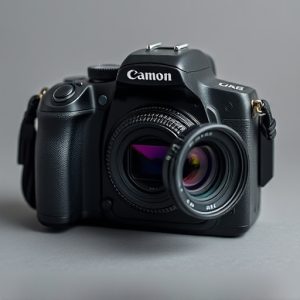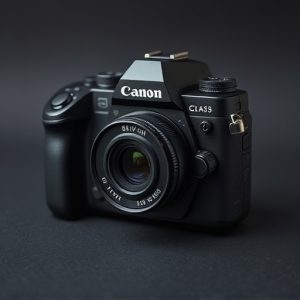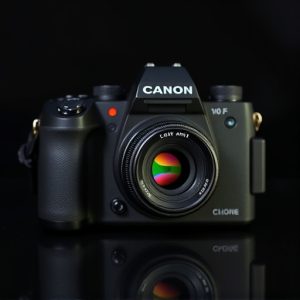Body Camera Laws: Market Trends, Legalities, & Effective Implementation
Understanding body camera laws is essential for both law enforcement agencies and citizens as the us…….
Understanding body camera laws is essential for both law enforcement agencies and citizens as the use of body cameras, a booming market with global sales exceeding 1 million units in 2020, continues to rise. These regulations cover consent requirements for recording, data retention, privacy, and legal challenges. With various options available, including high-definition video and advanced audio capabilities, vendors must consider local laws when purchasing a body camera for sale. Balancing public safety and individual liberties requires clear policy frameworks, officer training, secure data management, and community feedback to ensure responsible use and protect civil liberties.
“In an era where transparency and accountability are paramount, body cameras have emerged as a game-changer in law enforcement. ‘Understanding Body Camera Laws: A Comprehensive Overview’ explores the legal landscape surrounding these devices, delving into market trends with impressive body camera for sale figures.
The article navigates privacy concerns, offering insights on legal implications, while ‘Best Practices for Implementation’ provides strategies for effective deployment. Get ready to uncover the power and potential of this technology.”
Understanding Body Camera Laws: A Comprehensive Overview
Understanding body camera laws is crucial for both law enforcement agencies and citizens alike, especially with the increasing availability and use of body cameras. In recent years, there’s been a growing trend in the sale of body cameras, with various models designed to capture high-quality video footage during police interactions. However, the regulations surrounding these devices vary significantly from one jurisdiction to another.
These laws dictate how body cameras can be used, who has access to the recorded footage, and what happens when those recordings are contested or used as evidence in court proceedings. For instance, some regions mandate explicit consent from individuals before recording conversations, while others allow for continuous recording unless manually switched off. Additionally, there are guidelines on data retention, privacy rights, and the procedure for obtaining and reviewing body camera footage. Understanding these laws is essential to ensure responsible use of body cameras and protect the rights and freedoms of all involved parties.
The Rise of Body Cameras: Market Trends and Sales Figures
The rise of body cameras has been a significant trend in recent years, driven by growing demands for public safety and accountability. With an increasing number of law enforcement agencies adopting body-worn cameras, the market for these devices has seen substantial growth. According to industry reports, global sales of body cameras reached over 1 million units in 2020, expected to grow at a CAGR of around 15% between 2021 and 2027. This surge in popularity is attributed to the need for more transparent and documented interactions between police officers and citizens.
The availability of body cameras for sale has expanded with various options catering to different needs. From high-definition video recording to advanced audio capabilities, these devices offer crucial evidence during investigations. Many manufacturers now provide customizable features, ensuring law enforcement agencies can equip their officers with the most suitable body camera technology on the market. This trend is expected to continue as advancements in miniaturization and battery life further enhance the performance of body cameras.
Legal Implications and Privacy Concerns: What You Need to Know
The proliferation of body cameras has sparked a complex debate, especially regarding their legal implications and privacy concerns. As more law enforcement agencies adopt these devices, it’s crucial to understand the evolving regulatory landscape. The use of body cameras can significantly impact various legal domains, from criminal procedures to civil rights protections. For instance, footage from these cameras can serve as vital evidence in court cases, but it also raises issues about the right to privacy and the potential for bias or misconstruction of scenes.
When considering a body camera for sale, vendors and users must be cognizant of local laws and regulations. Privacy advocates argue that widespread use of body cameras could lead to excessive surveillance and invasion of personal space. Balancing public safety and individual liberties is an ongoing challenge, as these devices capture intimate details of interactions between law enforcement and citizens. Understanding the legal frameworks governing their use is essential to ensure accountability and protect civil liberties in the digital age.
Best Practices for Implementation: Ensuring Effective Use of Body Cameras
The effective implementation of body cameras requires a structured approach that goes beyond simply purchasing body camera for sale. Best practices should focus on clear policy guidelines, comprehensive training programs, and robust data management systems. Police departments must establish detailed protocols outlining when and how to deploy these devices, ensuring they are used as tools for enhancing public safety rather than as a means of surveillance. Regular training sessions should equip officers with the necessary skills to operate the technology effectively while maintaining sensitivity towards privacy rights.
Additionally, robust data security measures must be in place to protect the vast amounts of sensitive information collected by body cameras. This includes encryption protocols, secure storage, and strict access controls. Transparency around data collection, retention, and use is crucial for fostering public trust. Departments should also encourage feedback from both officers and the community to continuously refine their body camera policies, ensuring they remain balanced, effective, and respectful of civil liberties.


